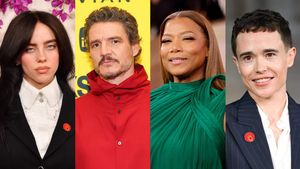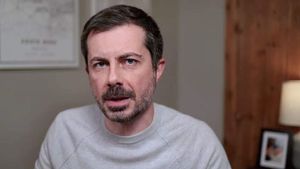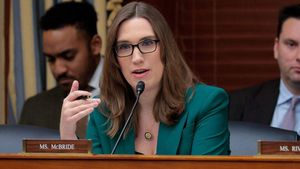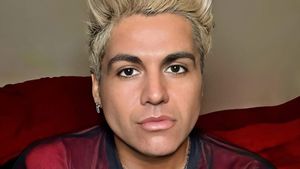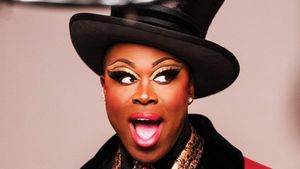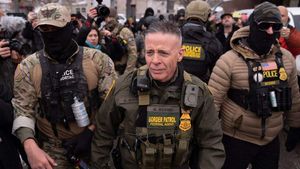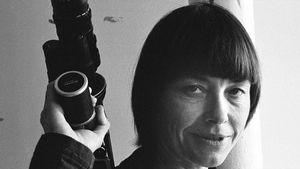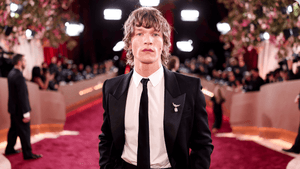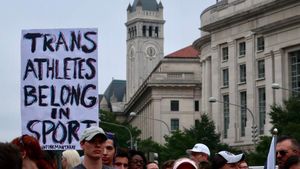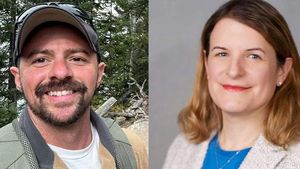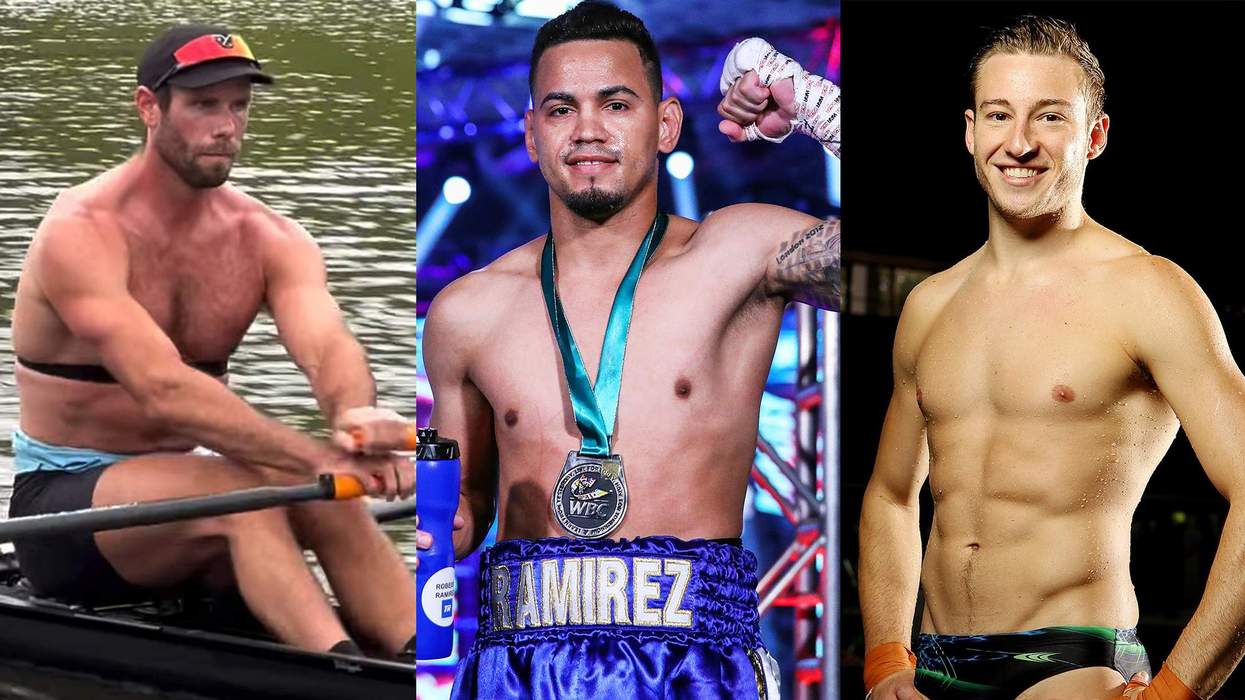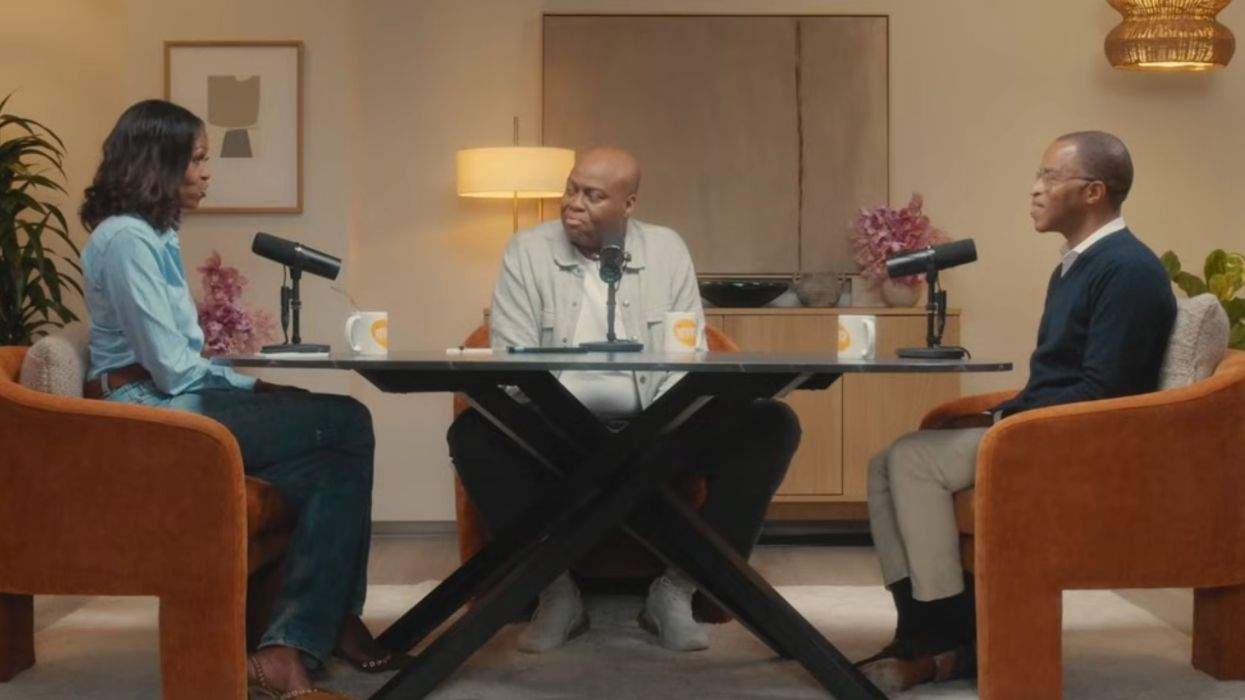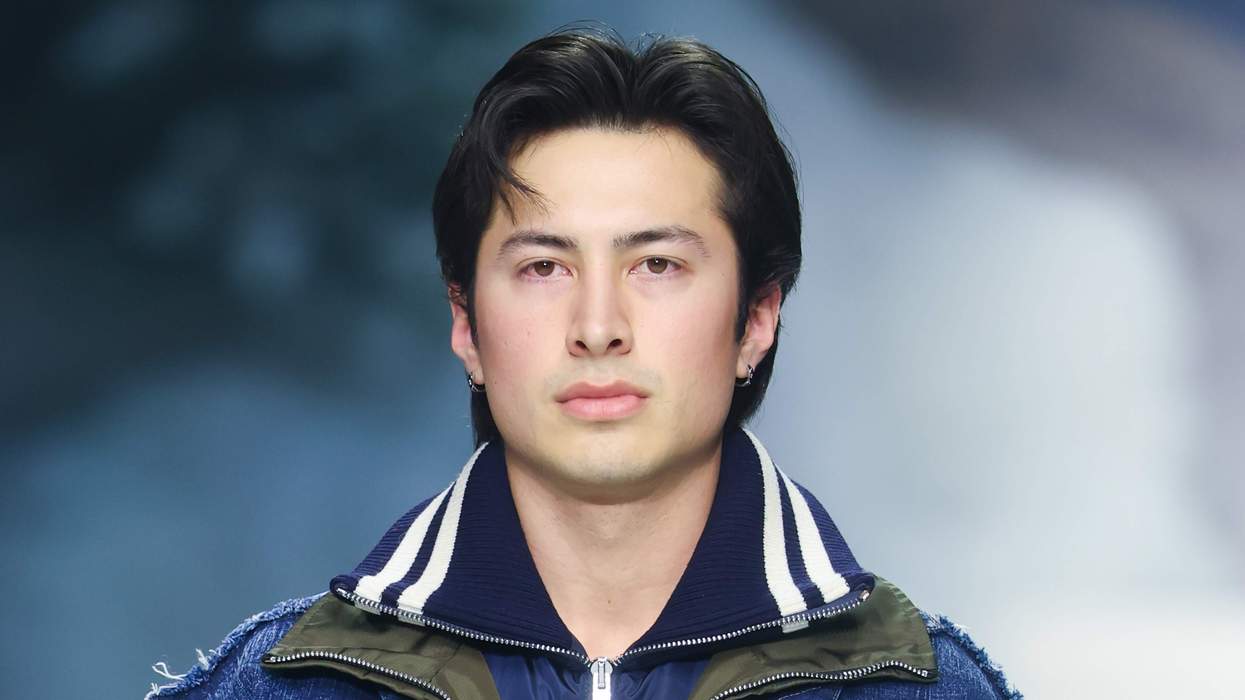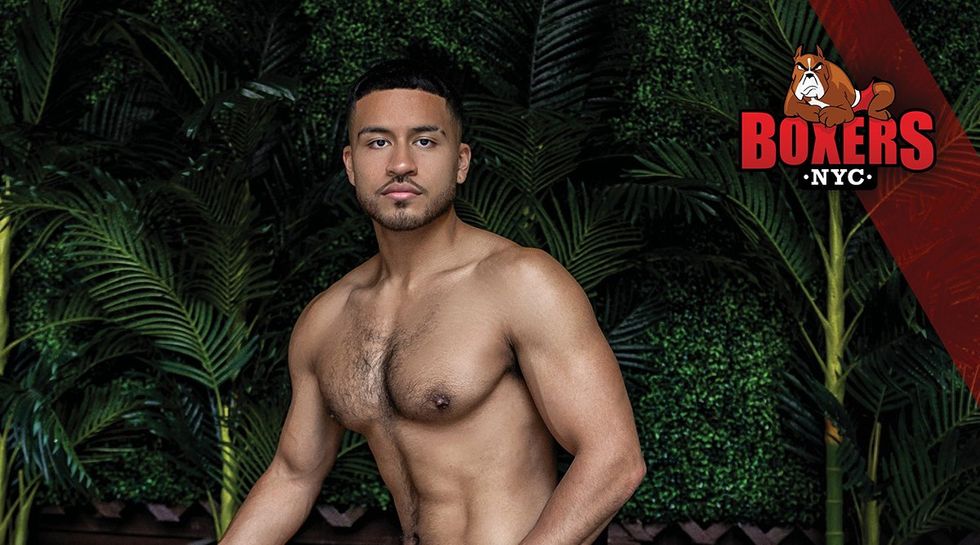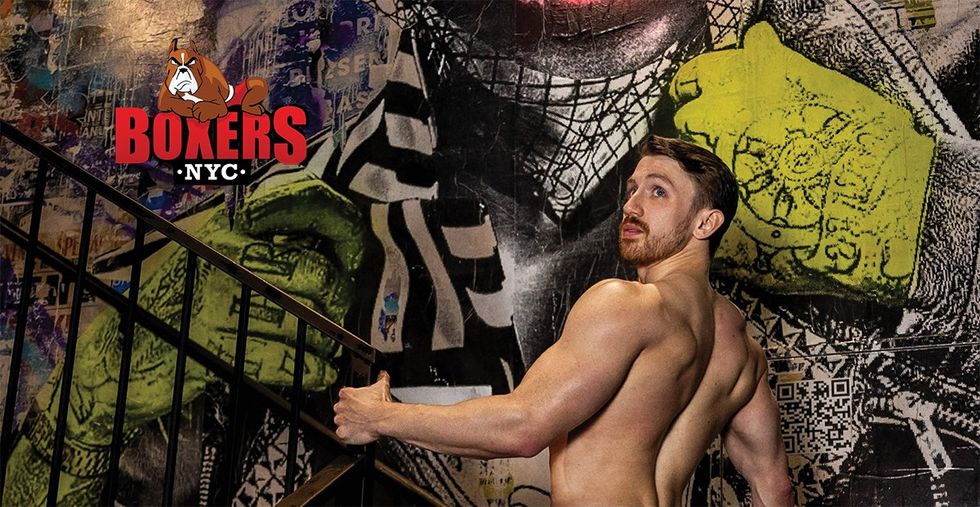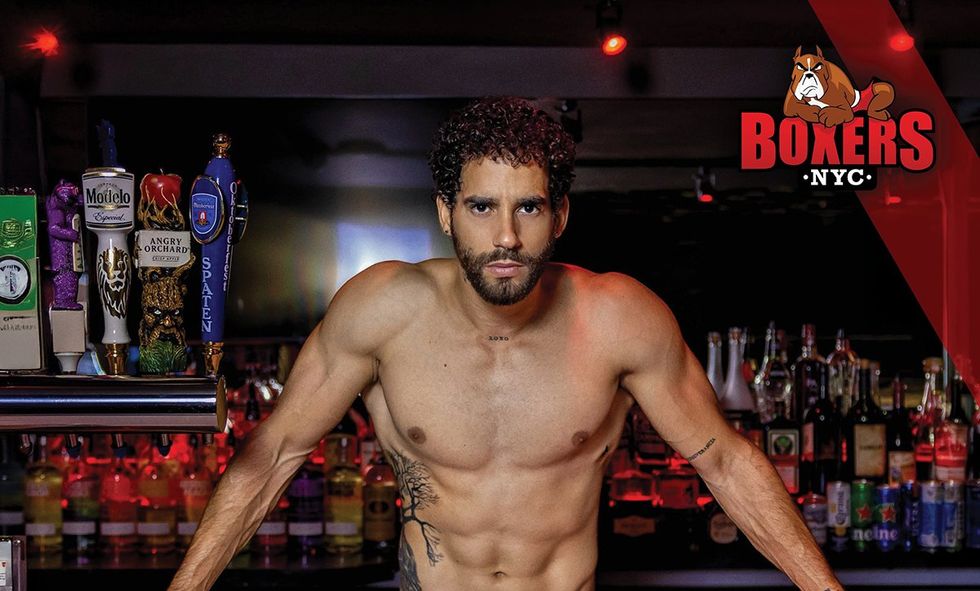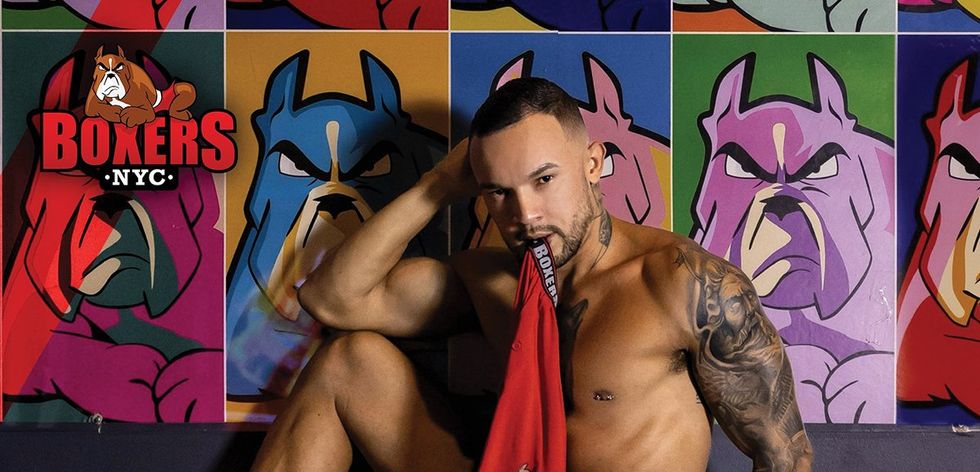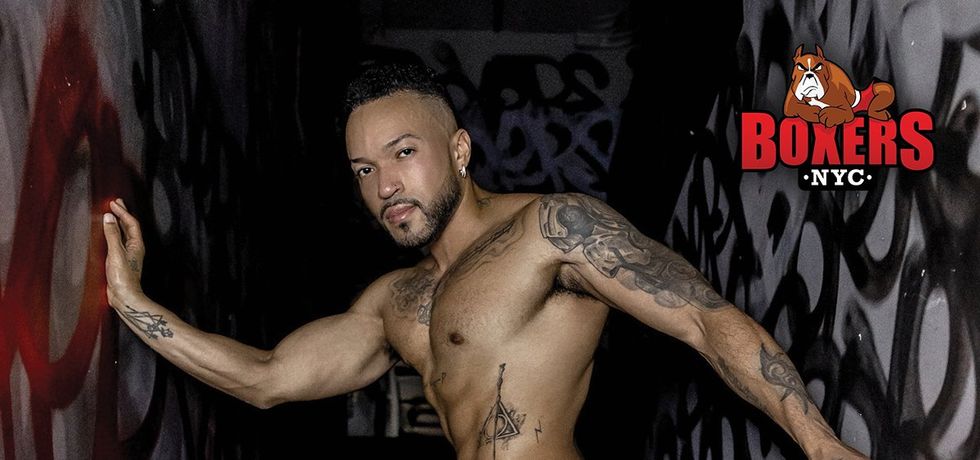Earlier this week, after The Atlantic published an exposé on Bryan Singer’s several decades of allegedly raping children, a chorus of LGBTQ voices announced they were done with the mega-producer for good. As someone who boycotted Bohemian Rhapsody because Singer is credited as its director, I should have been overjoyed to finally see a collective stand against him.
But reading each tweet from many prominent queer personalities felt like swallowing an anchor. The cause of the sinking feeling in my stomach: many of the revelations included in The Atlantic weren’t actually breaking news. Rather, it felt like people were just now taking it all more seriously.
I boycotted Bohemian Rhapsody this year. I was the only LGBTQ person I knew who did. In fact, many queer folks sneered at me, calling me a buzzkill for even suggesting they do the same because it was a biopic about a bisexual icon who was lost to the AIDS crisis. The film inevitably ended up on numerous "Best LGBTQ Films of 2018" lists, even within several gay publications.
Many people still supported Bohemian Rhapsody, citing the fact that Singer was fired towards the end of shooting, and saying that so many other artists worked on the film and they shouldn't be penalized for its director’s sins. However, every person who partook in the production of Bohemian Rhapsody did so after Singer had already been publicly accused of sexual misconduct by three men. They may not be the actual abusers, but they chose to risk being complicit.
Singer has faced decades of abuse allegations dating all the way back to 1997, when a 14-year-old extra accused the director of forcing him and other underage actors to film a nude shower scene in the movie Apt Pupil. A 16-year-old and 17-year-old supported the claim. In 2014, actor Michael Egan sued Singer, accusing him of drugging and raping him when he was a minor in the '90s. That same year, another accuser came forward and claimed that Singer and producer Gary Goddard approached him for sex when he was underage and subjected him to "gender violence."
In 2017, the day after Bryan Singer was fired from the set of the Queen biopic (not for accusations of his violence against young gay men, but for not getting along with actor Rami Malek, the film's star) Cesar Sanchez-Guzman filed a lawsuit accusing Singer of raping him when he was 17-years-old.
You’d imagine that the #MeToo movement would have brought his career to a screeching stop in the wake of so many allegations from numerous people coming forward. But Singer continues to thrive. He is still the executive producer of FOX's X-Men related series The Gifted (although his status as EP was recently evaluated) and he is still signed on to direct the upcoming comic book feature Red Sonja. (A story about a heroine who survives rape and gets revenge on her assaulters.)
Even after The Atlantic report, Red Sonja producer Avi Lerner continues to stand by Singer, citing the success of Bohemian Rhapsody. "The over $800 million Bohemian Rhapsody has grossed, making it the highest-grossing drama in film history, is testament to his remarkable vision and acumen," Lerner told The Hollywood Reporter. "I know the difference between agenda-driven fake news and reality, and I am very comfortable with this decision."
Studio executives and producers have always been willing to overlook sexual misconduct for the right cash cow. With X-Men, Singer created a film franchise worth $4,577,000,000 (more than twice the GDP of Belize). That’s not just a cow, it’s the whole farm.
Tweeting now at Singer, and even Lerner who now faces his own backlash, we can’t ignore the fact that Singer’s survivors watched us make his latest endeavor a hit. It doesn’t undo the silence and complicity. Yes, it’s great that GLAAD just pulled Bohemian Rhapsody from contention for it's annual media awards, but how could we have let a film made by a man who has been accused of raping underage queer boys be nominated for an award for positive LGBTQ representation in the first place?
LGBTQ people want to see ourselves represented in media. I get that. But we have an overwhelming rape culture problem. According to the Human Rights Campaign, 40 percent of gay men and 47 percent of bisexual men have experienced sexual violence other than rape, compared to 21 percent of heterosexual men. Queer women, particularly bisexual women, are also being attacked at horrifying rates.
There is a sincere fear that speaking out against queer abusers is damaging to the queer community—but the queer abusers are the bigger threat. That means we can’t ignore a potential abuser in exchange for more or better representation, especially when Singer is more than happy to play into our fears of being called predators by homophobes.
Singer recently told Deadline that The Atlantic investigation was a "homophobic smear piece" that was "conveniently timed to take advantage of [Bohemian Rhapsody's] success." But do you know what’s more homophobic than accusing a queer man of sexual violence? Silencing queer men coming forward with allegations of abuse.
Many LGBTQ media outlets took money for advertisements for Bohemian Rhapsody a year after Singer was fired, but was still credited as a co-director of the film. Instead of continuing their focus on the fact that an alleged serial abuser of gay men was profiting off the film, LGBTQ critics turned their focus to debates that it wasn’t queer or just hailed it as financially successful representation. As studio executives systematically began to erase evidence of Singer’s role in the film, many followed along rather than continuing to highlight the stories of his accusers.
You can separate the art from the artist, but not the money from the product. Singer profited off of Bohemian Rhapsody, and its financial success (bolstered by advertisements aimed at LGBTQ audiences) helped secure his next job. It doesn’t matter if he was fired at the end of filming. Producers like Lerner are citing the film’s success and using it to justify maintaining his untouchable Hollywood profile—backlash be damned.
As the list of accusers reaches seven, Bohemian Rhapsody still sits on several Golden Globes and a potential win at the Oscars. Many LGBTQ viewers continue to wish success upon the film in honor of bisexual icon Freddie Mercury’s legacy and the largely positive portrayal it offers of our community.
But do we truly want queer representation at the cost of the most vulnerable queer people?
I hope not.




